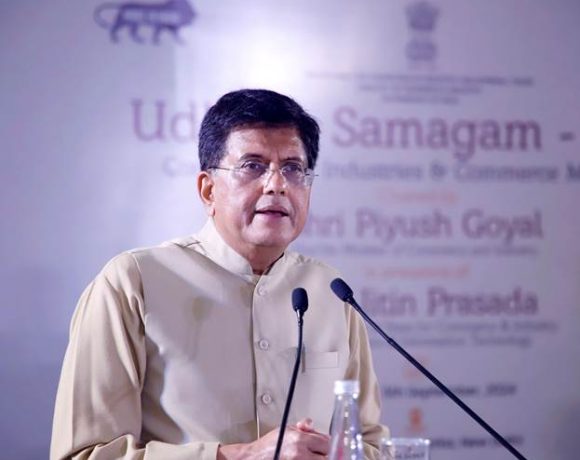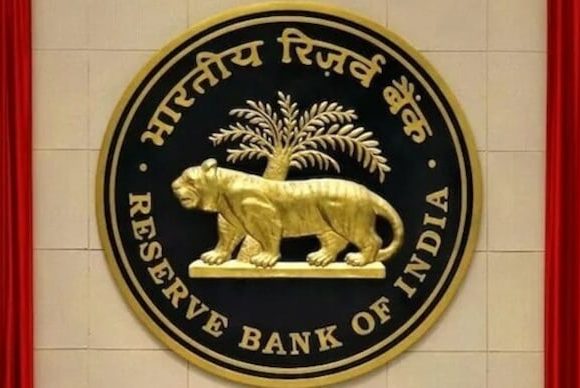
Higher GST on Hotel Dining: Impact on Consumers and Industry
Starting April 1, 2025, a new Goods and Services Tax (GST) structure will come into effect for restaurant services offered within hotels. Under the revised system, hotels with room tariffs exceeding ₹7,500 per night will charge 18% GST on food and beverage services, but will also be allowed to claim Input Tax Credit (ITC). This marks a clear shift from the current 5% GST rate without ITC that most hotel restaurants charge.
GST on Hotel Dining Tied to Room Tariff
The classification of hotels into ‘specified premises’ is central to this policy shift. Any hotel where a room was rented for more than ₹7,500 per night in the previous financial year is now considered a specified premise. Importantly, this is based on the actual transaction value, not the declared tariff, ensuring the GST reflects real-world pricing.
Restaurants within such specified premises must now levy 18% GST on dining services, but they will benefit from the ability to claim input credits on goods and services used for providing these meals. Meanwhile, hotels with room tariffs below ₹7,500 will continue with a 5% GST rate on restaurant services but will remain ineligible for ITC.
Consumer Costs and Industry Adjustments
This change could mean higher dining bills for customers choosing to eat at premium hotel restaurants. For the hospitality industry, however, the availability of input tax credits could help balance out the higher tax collection, potentially reducing overall tax burden on the business.
Hotels falling under the higher tax bracket may also face the need to revisit their pricing strategies—both for rooms and in-house dining. Competitive positioning, customer perception, and operational margins will all play a role in how this change affects the sector.
Balancing Transparency and Revenue
The new GST framework is aimed at bringing more clarity and fairness to the taxation process within the hospitality sector. By aligning tax rates with actual room pricing and offering ITC benefits, the government seeks to ensure a more streamlined and transparent system that better reflects consumption patterns and operational realities.
As the policy takes effect, both hotel operators and consumers will need to navigate the new structure, balancing cost, compliance, and customer expectations.


















